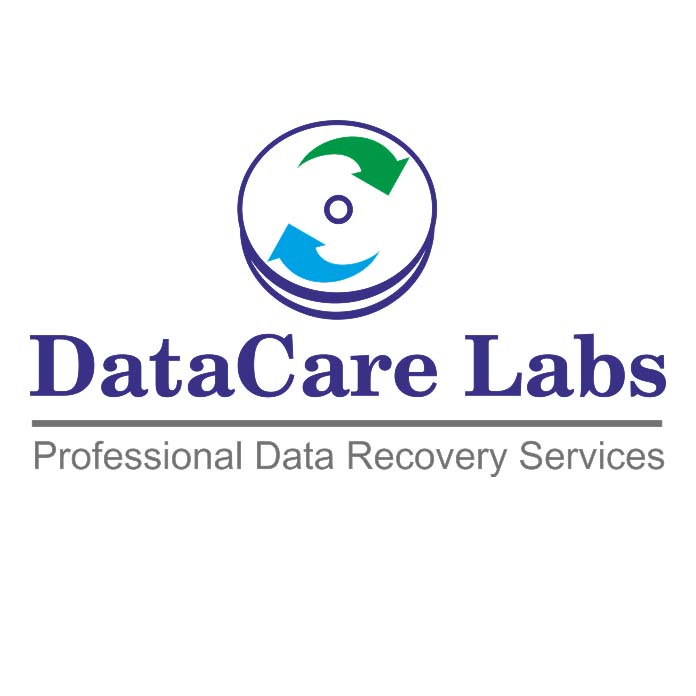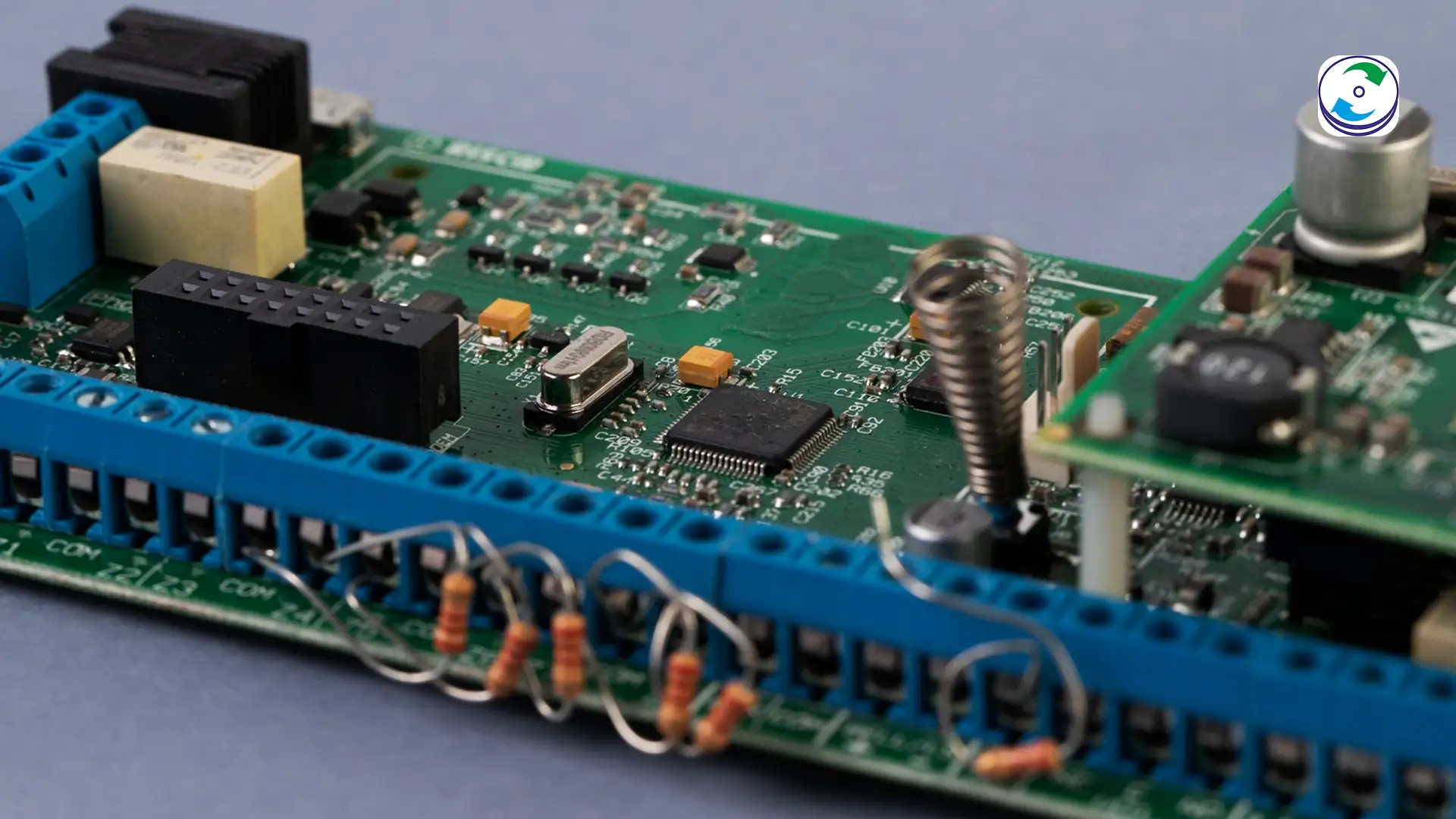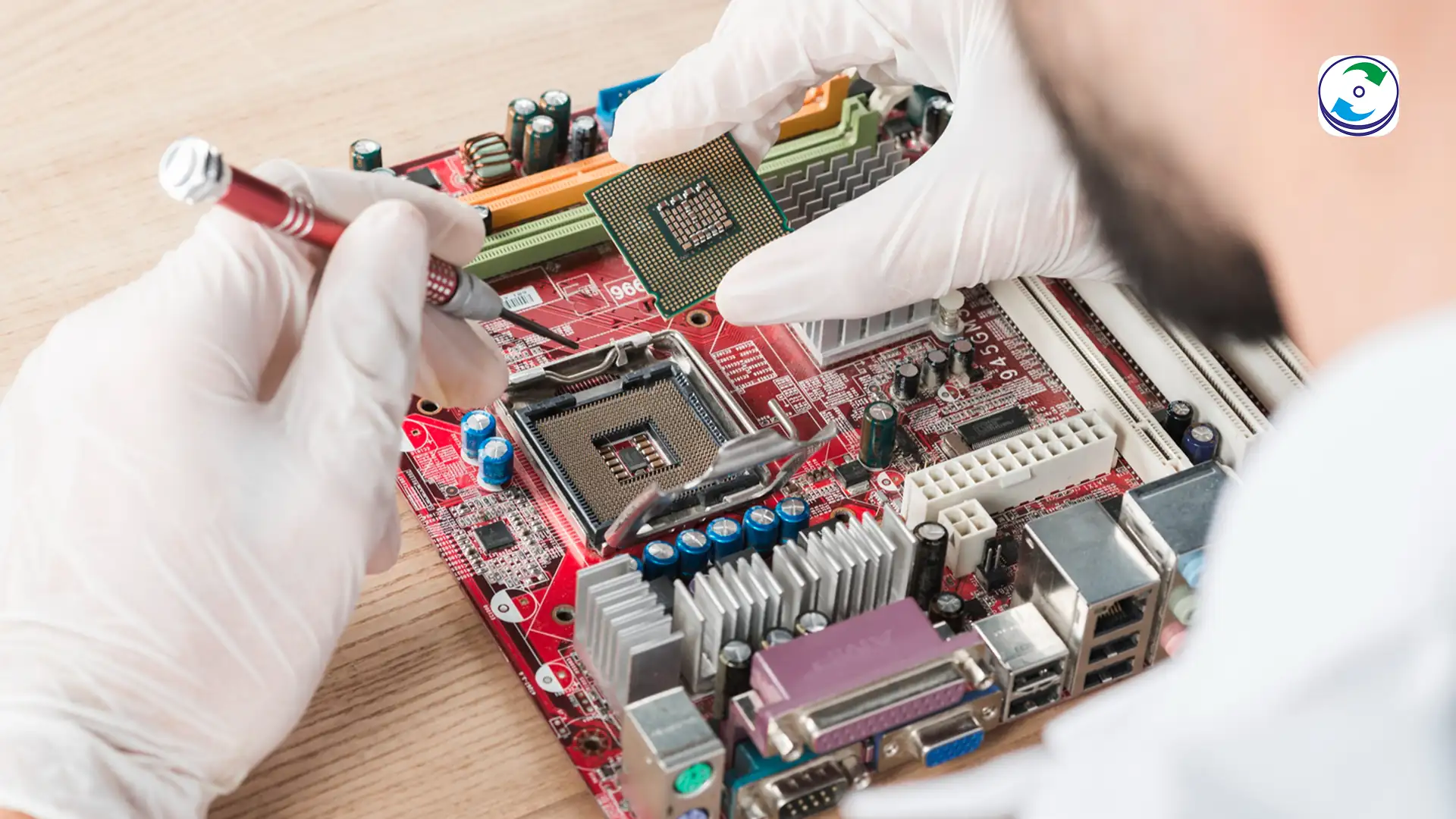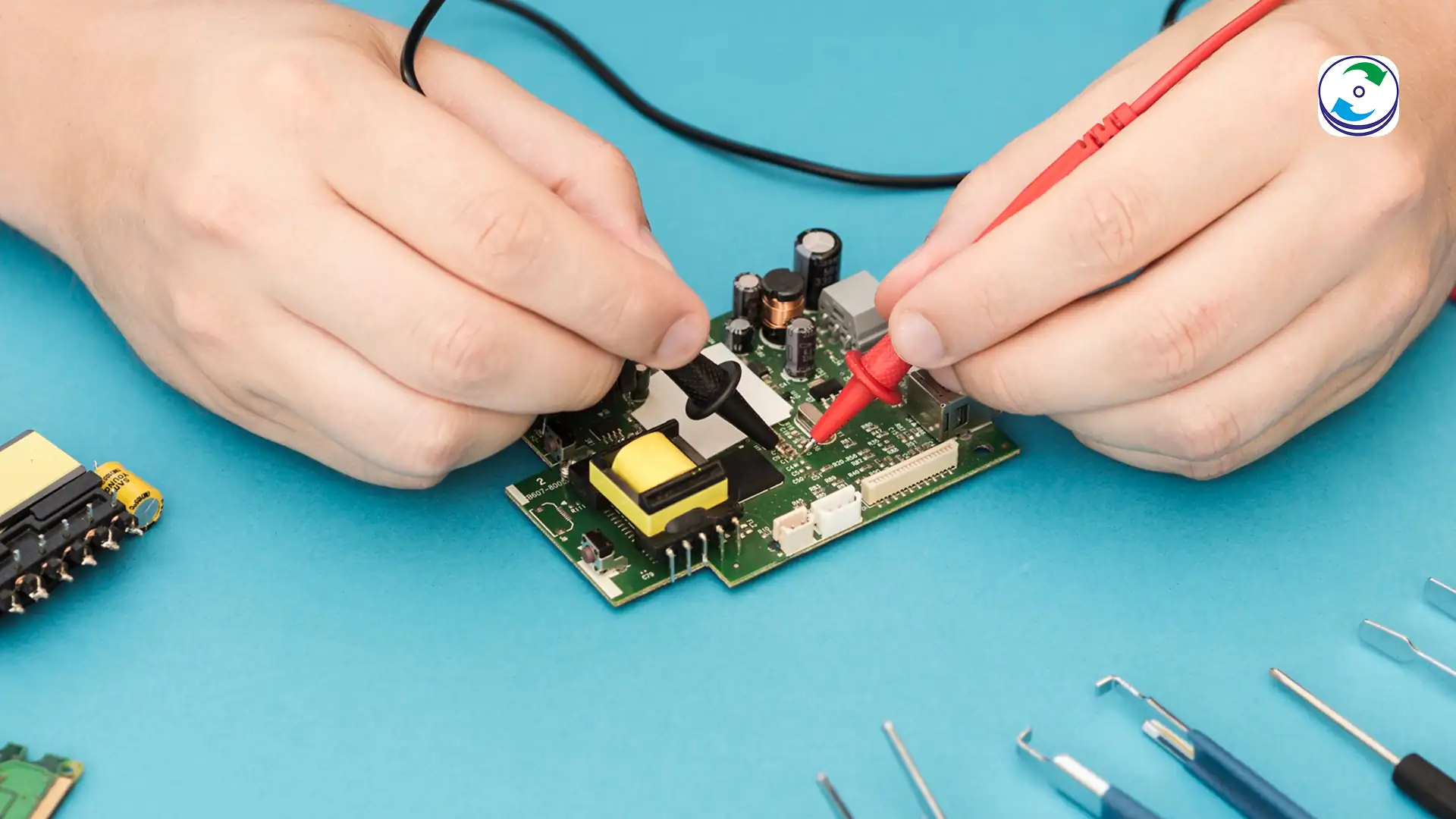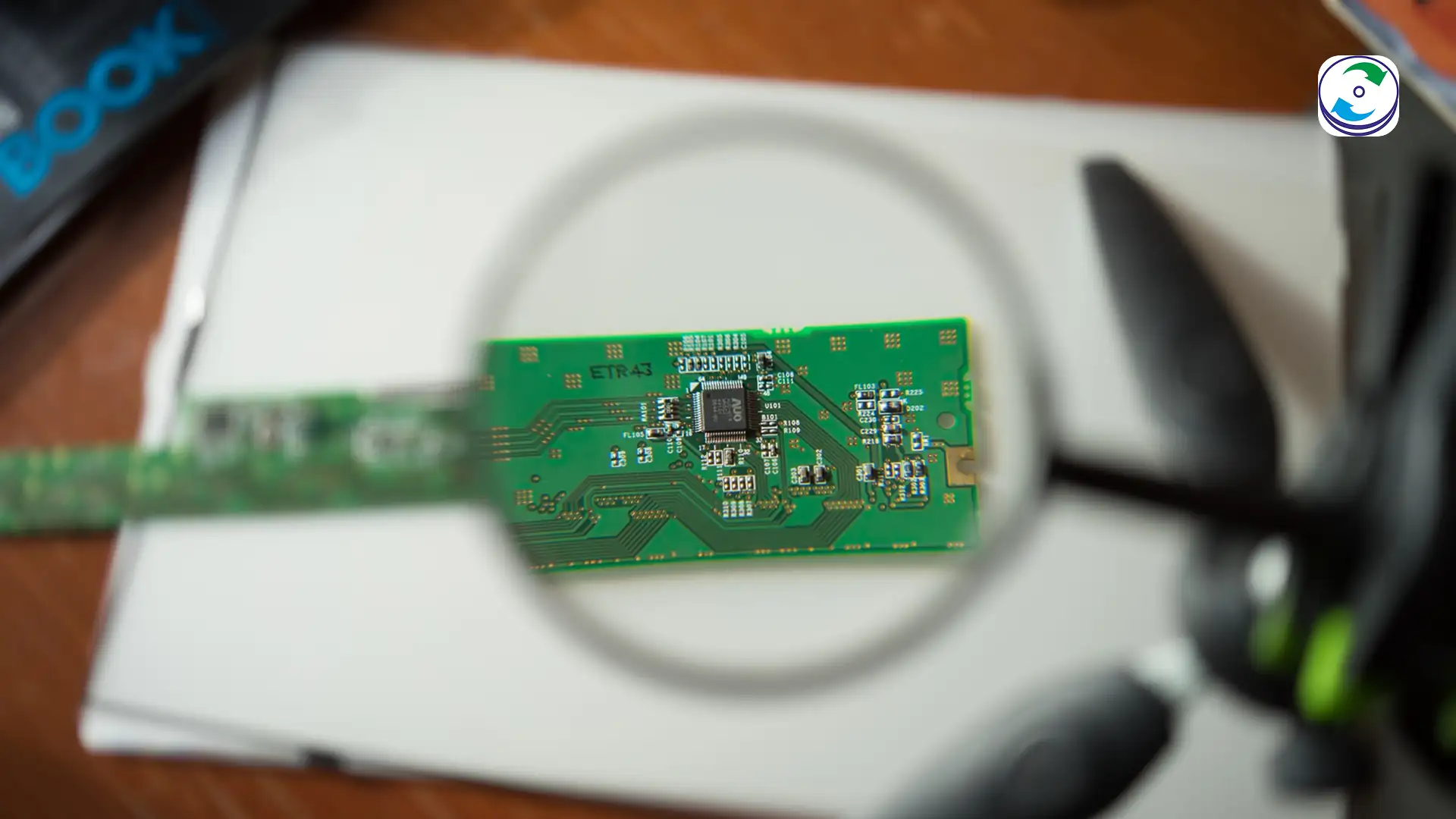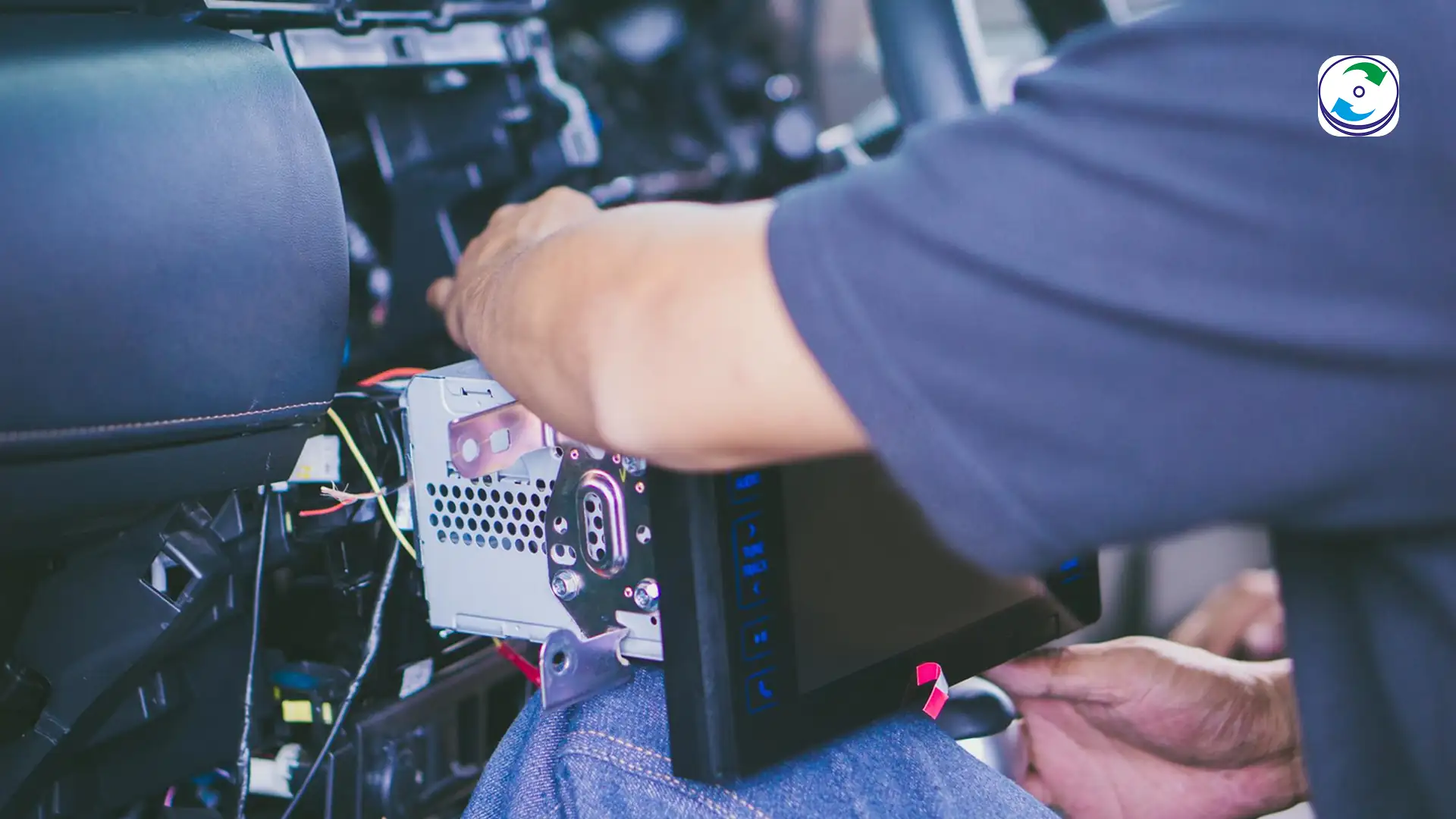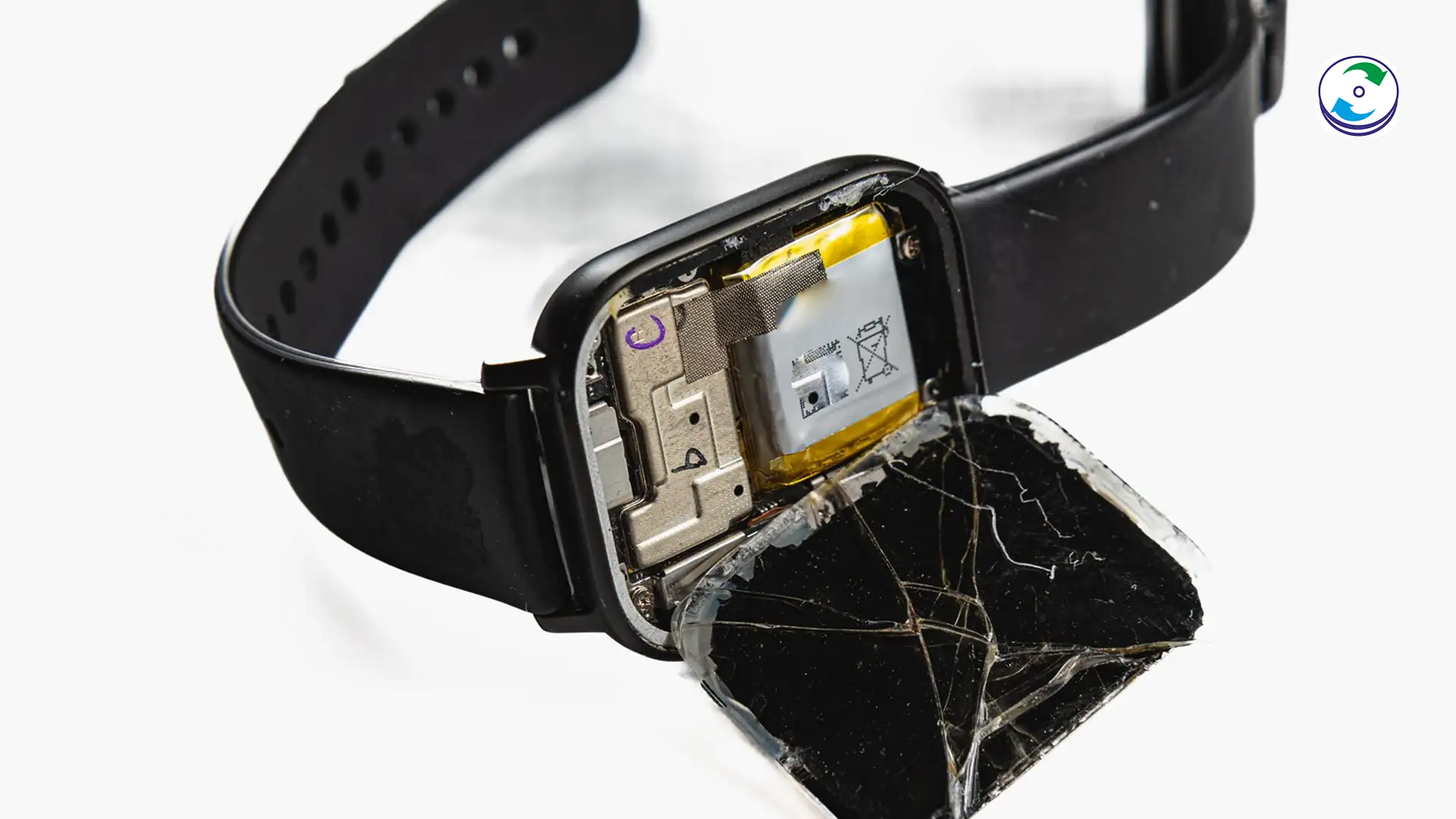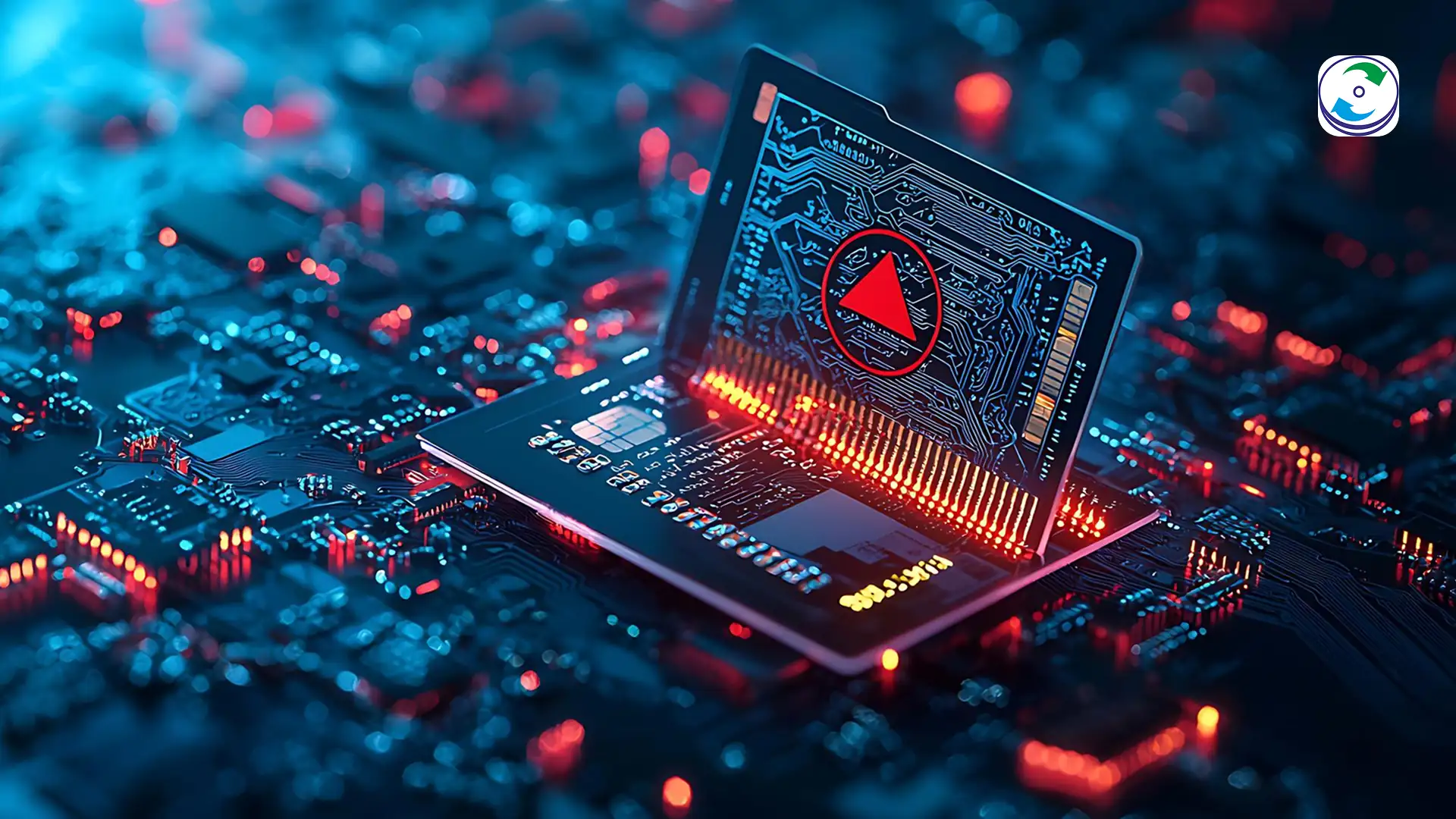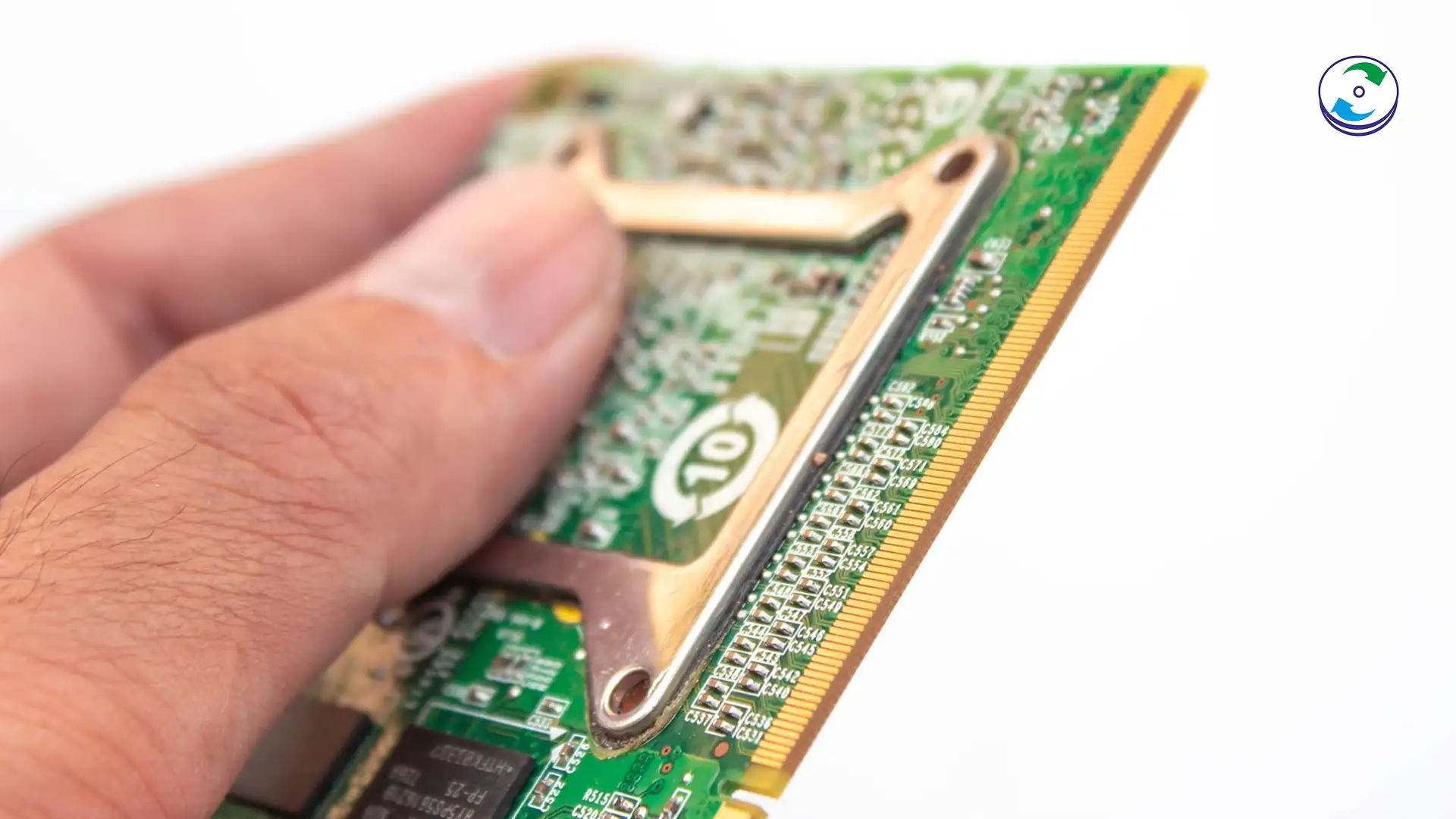SSD vs HDD: Unveiling the differences between SSD and HDD

Introduction
SSD vs HDD: In today’s rapidly evolving digital landscape, the choice of storage solution plays a pivotal role in ensuring optimal performance and data management. This blog aims to delve into the intriguing world of storage by dissecting the differences between two prominent options: Solid State Drives (SSDs) and Hard Disk Drives (HDDs). While both serve as storage solutions, they possess distinct features and advantages that cater to diverse user needs.
Understanding SSDs (Solid State Drives)
Solid State Drives represent a monumental leap in storage technology. Unlike their traditional counterpart, the Hard Disk Drive, SSDs boast an ingenious design that eliminates the need for mechanical components. The key advantage that sets SSDs apart is their unparalleled speed and performance. With no moving parts, data retrieval becomes nearly instantaneous. This is achieved through the utilization of NAND flash memory, an innovative technology that enhances responsiveness and efficiency. Furthermore, SSDs come in various flavors, including SATA SSDs for general applications and NVMe SSDs tailored for demanding tasks.

Exploring HDDs (Hard Disk Drives)
In contrast to the advanced mechanics of SSDs, Hard Disk Drives operate on a traditional mechanism of spinning disks and read/write heads. This mechanical nature inherently limits their speed and performance compared to SSDs. However, HDDs make up for this limitation by offering cost-effective solutions with larger storage capacities. They have been the workhorses of data storage for years, providing reliable storage options for a range of applications.
Performance Comparison
When it comes to performance, the SSD vs HDD battle intensifies. Boot-up times, application loading, and data transfer speeds are significantly accelerated with SSDs. Real-world benchmarks demonstrate the remarkable advantage SSDs hold in delivering a seamless user experience. In comparison, HDDs often exhibit noticeable delays due to the mechanical nature of their operation.
Durability and Reliability
Durability and reliability are pivotal factors in storage solutions. HDDs, with their moving parts, are more susceptible to physical damage caused by shock or mishandling. On the flip side, SSDs exhibit impressive durability and shock resistance. The absence of mechanical parts not only contributes to their robustness but also enhances their longevity in terms of data retention.
Power Efficiency
In the realm of power consumption, SSDs outshine HDDs. The inherent power efficiency of SSDs makes them an ideal choice for laptops and portable devices. Their reduced power consumption translates to extended battery life and diminished heat generation, factors that significantly contribute to a better user experience.

Price Considerations
Price is a crucial factor in the SSD vs HDD dilemma. Generally, SSDs tend to be pricier per gigabyte compared to HDDs. However, the price gap has been steadily closing over time due to advancements in technology and increased SSD adoption. It’s important to weigh this cost difference against the performance benefits when making a decision.
Choosing the Right Option
Selecting the appropriate storage solution depends on your specific needs. SSDs are a go-to choice for users seeking optimal speed, responsiveness, and performance. On the other hand, HDDs offer cost-effective solutions for those requiring larger storage capacities without an immediate need for lightning-fast speeds. Consider your usage scenario, whether it’s gaming, content creation, business applications, or casual use, to make an informed decision.
Future Trends
The world of storage is ever-evolving, with both SSDs and HDDs embracing advancements to enhance their capabilities. Technologies like QLC, TLC, and 3D NAND continue to shape SSD development, while HDDs strive to overcome their mechanical limitations. Keeping an eye on emerging trends can guide your storage decisions for the future.
Data Recovery Challenges
Modern SSDs often present challenges when it comes to data recovery. A significant number of SSDs are not as readily supported for data recovery compared to HDDs. One of the primary reasons behind this limitation is the encryption embedded within SSD controllers. The encryption technology used to secure data on SSDs can hinder traditional data recovery methods, as it prevents direct access to the stored data. While advancements in technology may pave the way for improved recovery solutions in the future, it’s important to acknowledge that data recovery from SSDs can be a complex endeavor.
On the other hand, HDDs maintain a distinct advantage in the data recovery landscape. Nearly 98% of hard drives are supported for data recovery purposes. This higher rate of recoverability is attributed to the more established and standardized nature of HDDs.

Conclusion
In conclusion, the SSD vs HDD debate is not about finding a winner; it’s about finding the right fit for your needs. SSDs impress with their speed, durability, and power efficiency, whereas HDDs excel in providing cost-effective storage with ample capacities. As technology progresses, both options will continue to coexist, each catering to specific niches. Assess your requirements, explore the benefits of both, and make a choice that aligns with your digital aspirations.
Call to Action
If you have any questions or need assistance in selecting the perfect storage solution, feel free to reach out to us at DataCare Labs. Your data management journey awaits!

